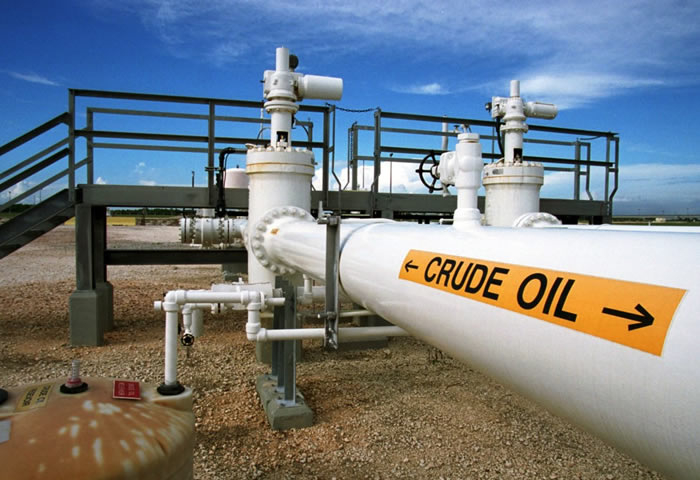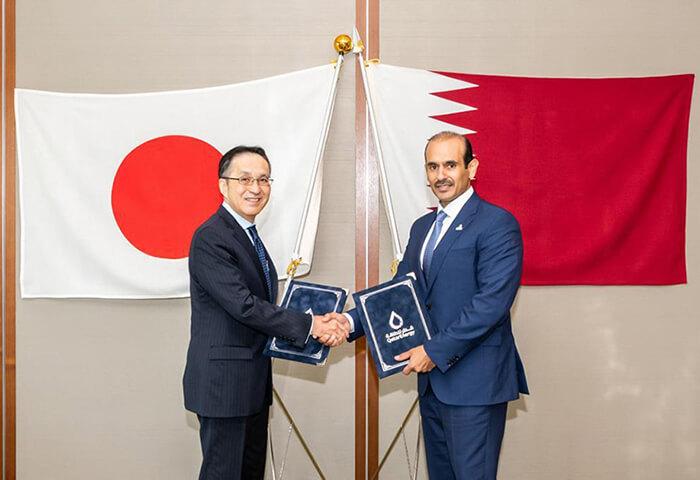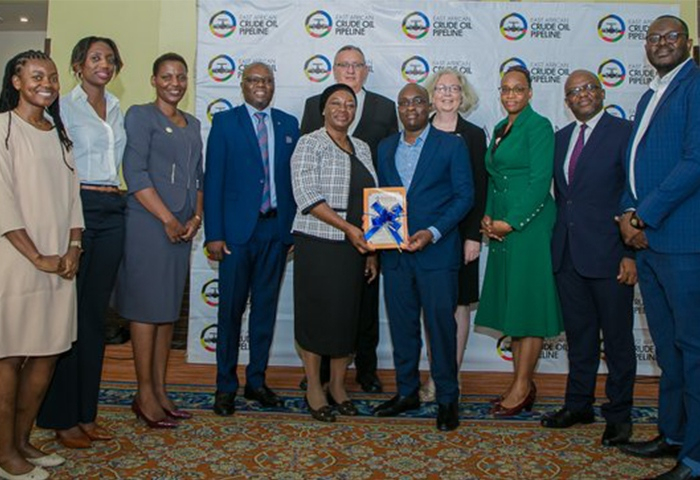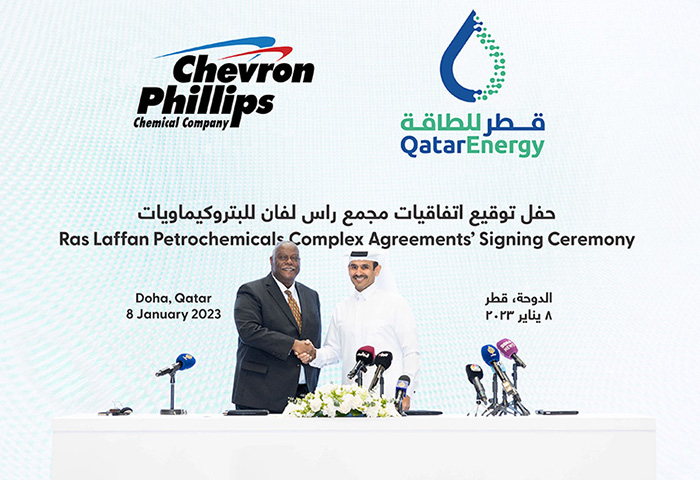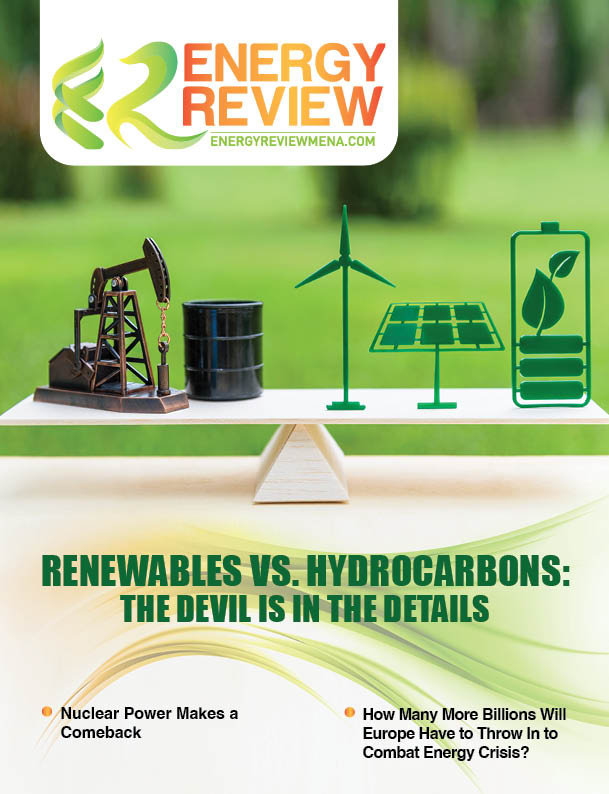French green groups denounced a newly inked multi-national accord to build a massive crude oil pipeline in East Africa, warning of huge environmental risks.
The Ugandan and Tanzanian governments joined oil companies Total of France and China's CNOOC in signing accords paving the way for the construction of what has been described as potentially the world's longest heated pipeline, some 1,400 kilometres (900 miles) long.
Total said last month it had taken steps to reduce the $3.5 billion project's impact on people and the environment, promising to be transparent about the project.
But Survie (Survival) and Amis de la Terre (Friends of the Earth) said in a statement that "instead of responding to the urgent needs of the affected communities and to repeated warnings by civil society, Total has concentrated its efforts... on a public relations offensive to counter the growing opposition faced by these oil mega-projects."
Accusing Total of "greenwashing" while pushing the project through, the statement added, "Our associations deplore that once again the French multi-national seems more concerned with its image than with the destructive impacts these operations have on human rights, the environment, and the climate in these two countries."
Under the deal providing for the management of oilfields in the Lake Albert region in Uganda's west, the crude will be pumped across Tanzania to the Indian Ocean via the East African Crude Oil Pipeline (EACOP).
The pipeline will include a 300-km (190-mile) stretch within Uganda and carry the crude to the Tanzanian port of Tanga.
The environmental groups published a report in October saying that tens of thousands of people would be affected by the project and some had already begun to lose their means of survival. The environmental lobbies are also worried about the ecological consequences, declaring that more than half the bird species and 39 percent of the mammalian animal population of the African continent are represented in the Lake Albert Basin.
Lake Albert, a 160-km natural border between Uganda from the Democratic Republic of the Congo, lies atop an estimated 6.5 billion barrels of crude, of which about 1.4 billion barrels are currently accessible.

